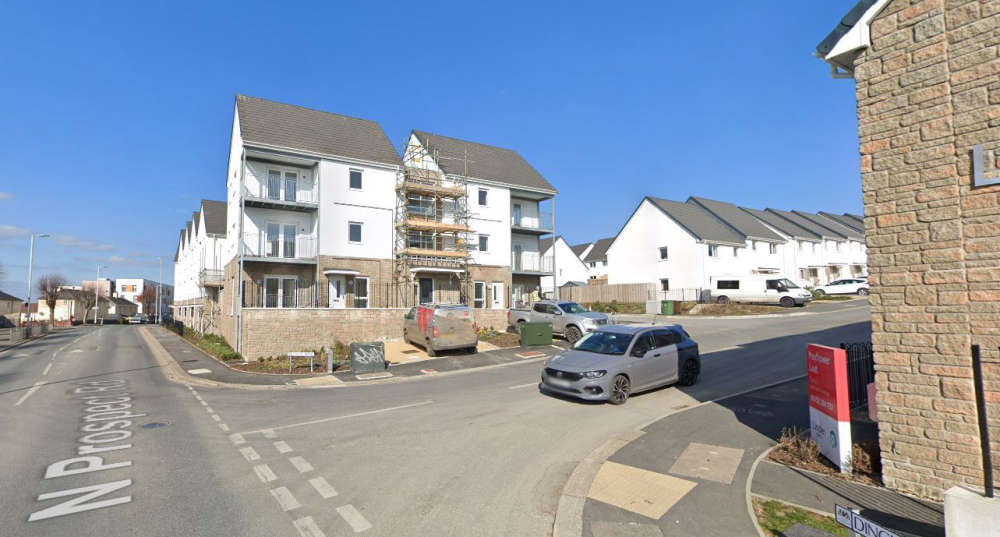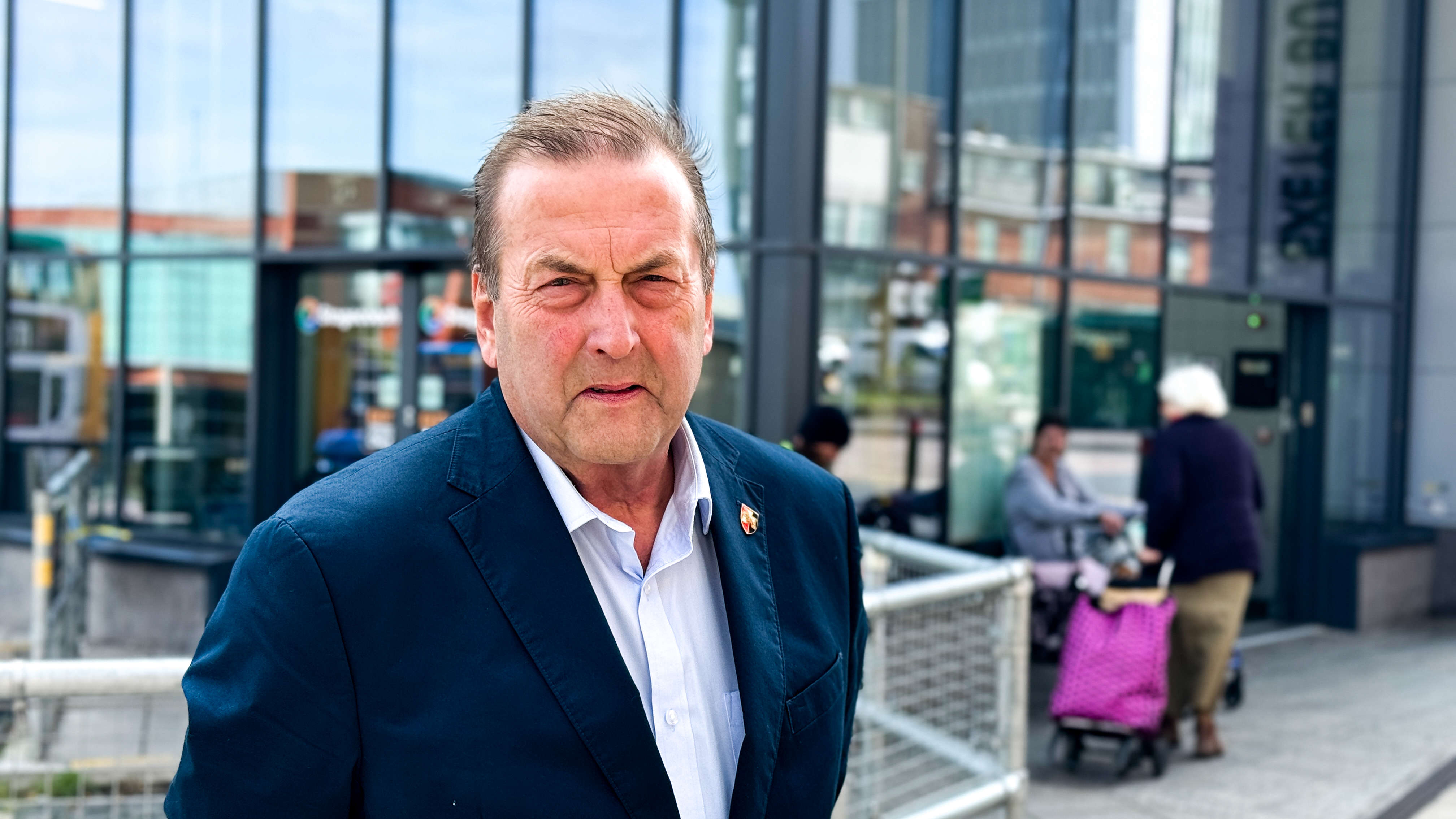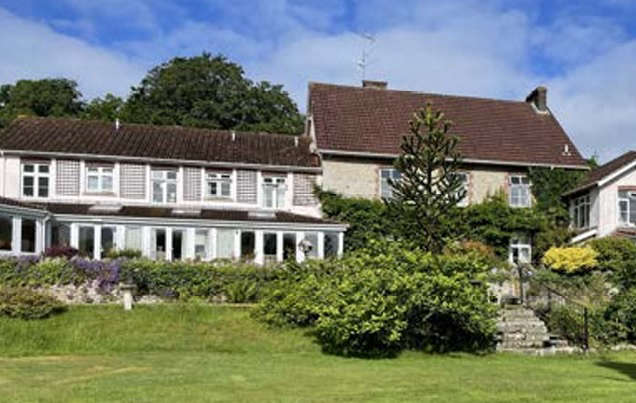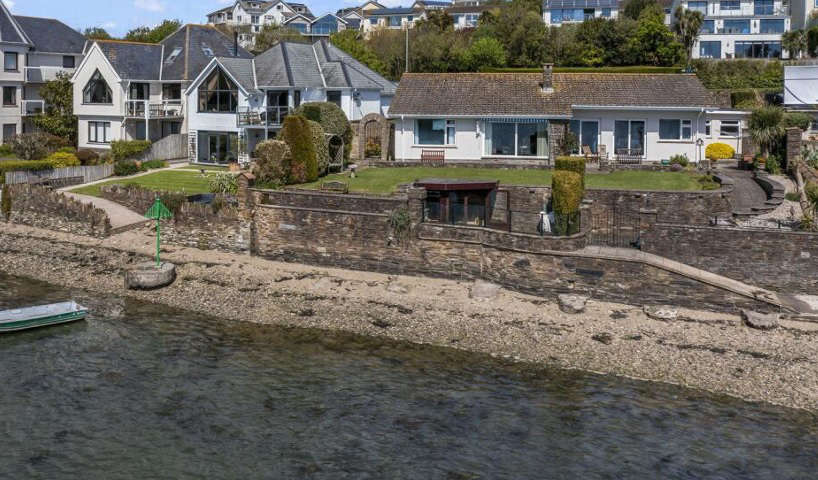
Mind blowing” transformation of deprived Plymouth crime hotspot
Crime has reduced by nearly 60 per cent what used to be a “notorious” area of Plymouth after it was subject to the largest regeneration of its kind in the south west.
People are living longer in North Prospect, unemployment has dropped and incomes are increasing.
Eight hundred damp and poor quality homes were demolished and 1,100 new homes built in the regeneration which took 12 years and cost £130 million.
The area once known as ‘Swilly’ was one of the most deprived parts of the country in 2009 and plagued by anti-social behaviour.
According to Devon and Cornwall Police public order offences are down by 76 per cent and all crime by 59 per cent.
Leader of Plymouth City Council Tudor Evans (Lab, Ham) told cabinet members the transformation which was now complete had been “mind-blowing,” changing the lives of residents.
Seventy per cent of the people have moved back into homes in the neighbourhood.
He thanked North Prospect’s residents who has been “incredibly resilient”, Homes England who put £29 million into the scheme and Plymouth Community Homes (PCH) who took on the risk of the project.
Swilly was developed by the city council after World War One as its first “garden suburb” with more than 1,000 family homes and was described by one of the local newspapers as “paradise for 12 shillings a week”.
But by the 1960s decline had started and in 1973 the council changed the name of the area to North Prospect to try and improve its image, said Cllr Chris Penberthy (Lab, St Peter and the Waterfront), cabinet member for housing.
However, as the years went on it became a place of “constant and persistent deprivation” and when housing stock was transferred to PCH in 2009, living conditions were said to be challenging and 60 per cent of affordable homes had failed the decent homes standard.
PCH, the city’s largest housing association, worked with the council on a five-phase regeneration, with an aim to rebuild homes and reduce crime, increase education and skills, and improving employment outcomes.
Plymouth City Council put £2.2 million into the revamp.
Cabinet members heard that as well as crime dropping significantly, there had been an increase in incomes, less unemployment, and that 95 per cent of residents felt safe in the community.
More children achieve level 4 passes or above in GCSEs and fewer deaths of people under 75.
Head of development at PCH Andrew Lowrie said it was too early to say what the full effect of the regeneration would be, but anyone walking around North Prospect could see the change.
“One of the ambitions was that it would become a safe neighbourhood and we are really pleased with some of the resident feedback surveys which say the residents feel very safe, which I always think is a major test of whether regeneration has worked or not,” he said.
Cllr Evans said among the heartwarming stories from residents was one family whose children were often too ill to go to school because of their living conditions but the children were now thriving at school and had a place to study at home.
 Chief constable won't be prosecuted
Chief constable won't be prosecuted
 Pop-up market proposal for Exeter city centre
Pop-up market proposal for Exeter city centre
 'Bad deal' blast over Churston solar farm
'Bad deal' blast over Churston solar farm
 Bovey Tracey holiday homes plan rejected
Bovey Tracey holiday homes plan rejected
 Broadside for 'incongruous' Kingsbridge waterside home
Broadside for 'incongruous' Kingsbridge waterside home
